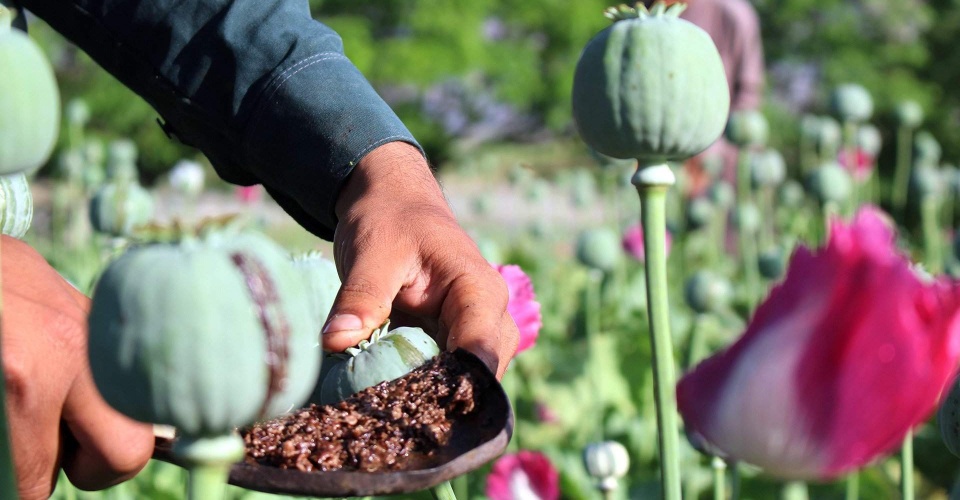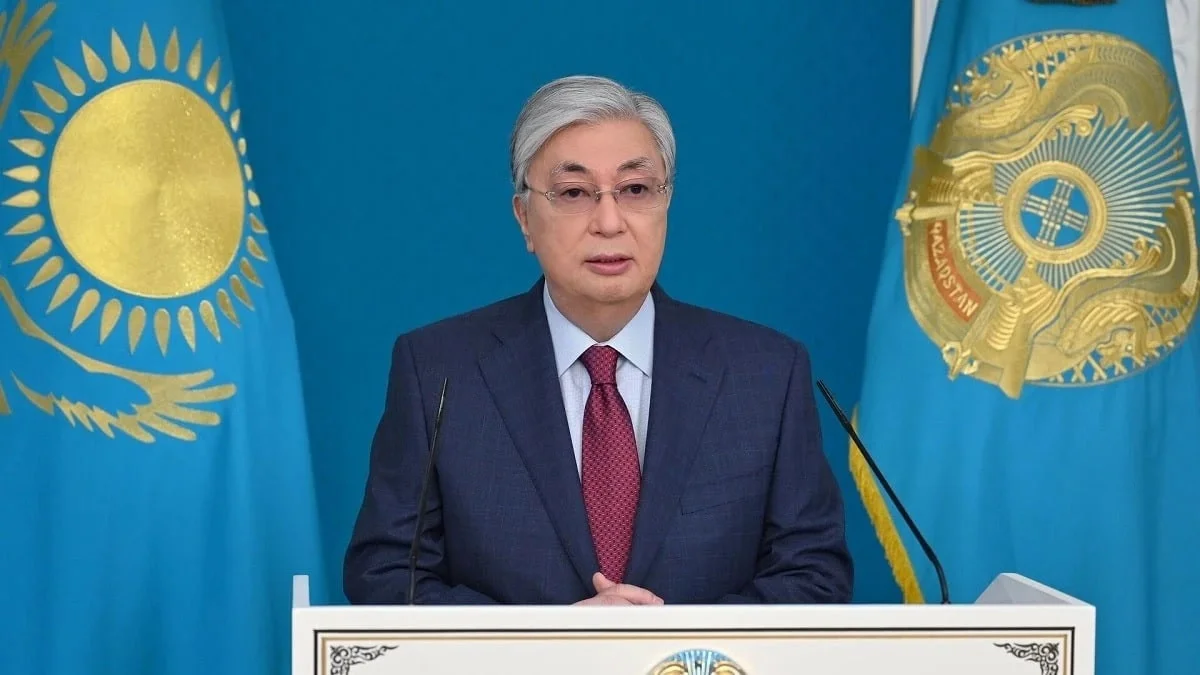Opium production in Afghanistan increased by 19% in 2024, according to the United Nations Office on Drugs and Crime (UNODC), reports Adyrna.
“Last year, production dropped by 95%. However, according to this year’s audit, the recorded production level remains significantly lower than in 2022,” experts noted.
According to UNODC, this increase in production is due to the challenging financial and humanitarian conditions faced by Afghan farmers. “For them, opium cultivation remains one of the only means of survival. Urgent assistance is needed to provide farmers with alternative sources of income,” explained UNODC Executive Director Ghada Waly.
The rise in drug prices has also impacted the situation. Before the Taliban imposed restrictions on opium poppy cultivation, dried opium was priced at $100 per kilogram. In the first half of 2024, the price of opium rose to $730 per kilogram.
International experts have also highlighted geographic shifts in opium cultivation. While it was previously concentrated in the southwestern regions of Afghanistan, 59% of total production is now located in the northeastern provinces.
The Taliban responded to the UNODC report, claiming that the figures are inaccurate. Interior Ministry spokesperson Abdul-Mateen Qani suggested that the data was collected before the new government launched its campaign to eradicate poppy crops. He also emphasized that the fight against drugs will continue until the issue is resolved.
Other materials
Adyrna.kz ұлттық порталының маңызды ақпараттарына жазылу
Соңғы жаңалықтар туралы хабардар болыңыз


















